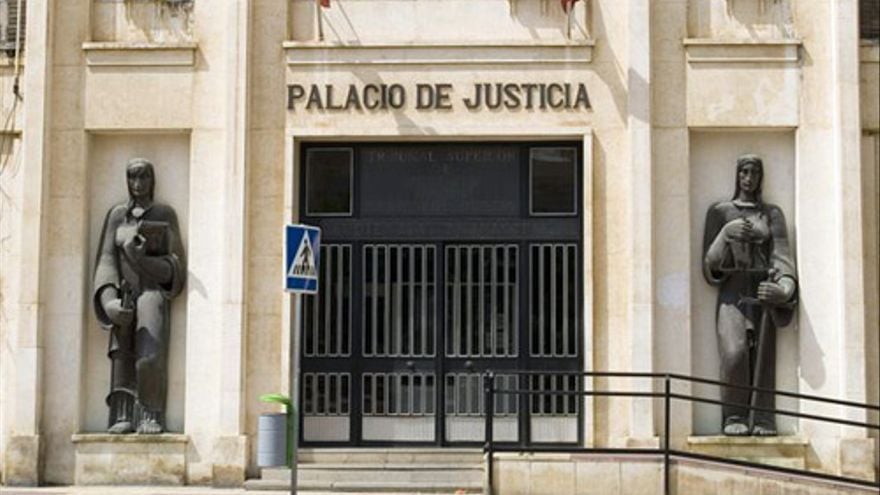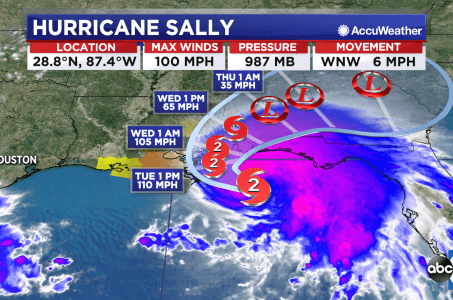Spanish Casino to Pay After Allowing Self-Banned Addict to Gamble
Posted on: February 8, 2022, 06:12h.
Last updated on: February 8, 2022, 11:38h.
A gambling venue operator in Murcia, Spain, hasn’t done enough to keep self-excluded gamblers away. It will now pay the price, reimbursing one for €6,000 (US$6,841) he allegedly spent across several trips to a couple of venues.

An unidentified company that owns two gambling and betting rooms located in Alcantarilla, Murcia, will need to open its wallet. It has been ordered to compensate a young gambler for not preventing him from accessing the company’s casinos.
This is despite his name being included on the list of self-prohibited players of the Gambling Service of the Tax Agency, according to media outlet Euro Weekly.
Casino Misses Responsible Gambling Controls
The sentence of the Court of First Instance of Murcia approved the payment for “moral damages.” However, he missed out on the original claim of almost €18,000 (US$25,525) that the man allegedly had spent over ten months. The gambler had tried to find a more sensitive judge in the Provincial Court to enforce the original claim but lost.
The resolution of the Provincial Court was only able to uphold part of the claim. Contrary to the company’s denials, the court verified that the then-25-year-old accessed gambling areas in the properties.
In his appeal to the higher court, the man alleged that he was on the self-exclusion register because of his gambling addiction. He added that he was also undergoing therapeutic treatment for what he dubbed a serious and persistent disorder.
Despite this, he added, he was able to enter the gambling halls over several months. In all of those visits, the properties’ employees never stopped or questioned him.
Digital Trail of Evidence
The decision of the Provincial Court of Murcia indicated that he made more than 140 gaming machine operations. The history of the gambler’s RETA card confirmed the transactions.
The RETA card is a service provided by the Telematics Betting Network. It also offers benefits from discounts and gifts in stores attached to RETA. The latter is Spain’s Régimen Especial de Trabajadores Autónomos (Special Scheme for Self-Employed Workers).
The court added that the bank account statement confirmed his story. It revealed the use of the individual’s bank card in the gambling halls numerous times.
The ruling added that the evidence provided to the trial was insufficient to prove what he actually spent gambling. It was also impossible to determine if he ultimately won or lost. As a result, the court determined that it wasn’t possible to meet his request to settle for the original amount.
Spain Advances Self-Exclusion Efforts
Spain has spent the past couple of years working to enhance its self-exclusion efforts. Previously, each of the country’s 17 autonomous communities maintained its own list. However, in 2020, they agreed to work on a centralized database for the entire country.
The effort seems to be working. The Dirección de Ordenación del Juego, the country’s gambling regulator, reported a year-on-year increase of 13.6% in the number of people on the list in 2021.
Related News Articles
Most Popular
Las Vegas Overstated F1 Race’s Vegas Impact — Report
Vegas Strip Clubs Wrestle in Court Over Animal Names
Most Commented
-
End of the Line for Las Vegas Monorail
— April 5, 2024 — 90 Comments -
Mega Millions Reportedly Mulling Substantial Ticket Price Increase
— April 16, 2024 — 6 Comments -
Long Island Casino Opponents Love New York Licensing Delays
— March 27, 2024 — 5 Comments -
Nearly Abandoned Mall Outside Vegas Soon to Have Only One Tenant
— March 12, 2024 — 5 Comments
















No comments yet